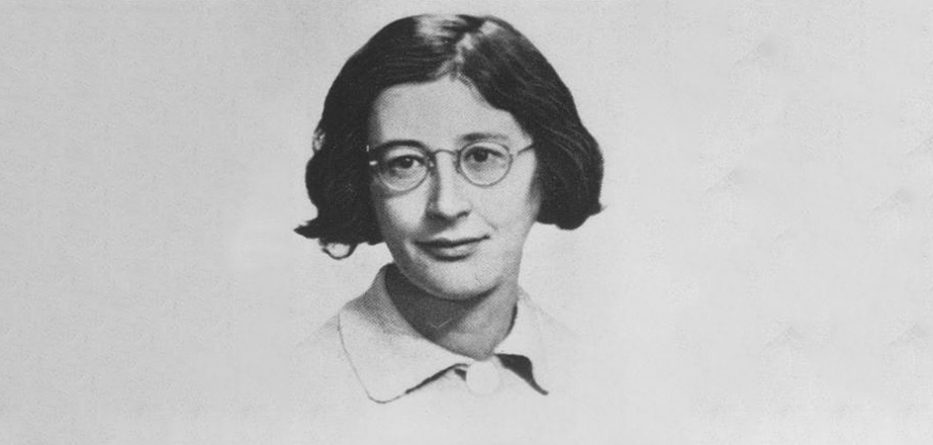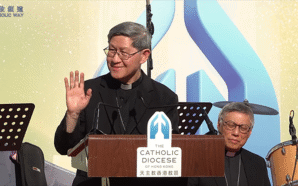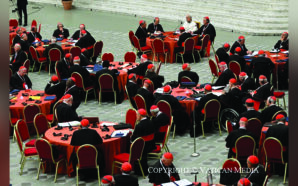Dear Simone Weil,
I know you love letters. Before your death at the age of just 34 in 1943, you had shared so much in long letters to friends. Sometimes they were surprised by the warmth of your writing, by its tenderness and compassion. You could come across as austere when they met you. They were also taken aback by the radical nature of your search for God and the risks you were willing to take on your spiritual journey.
Your parents were always concerned about you, following you almost to the ends of the earth in a futile attempt, as they saw it, to protect you from yourself. They even came and rescued you from your involvement in the Spanish Civil War, which may have been just as well because you had managed to burn your foot by accidentally stepping into a container of boiling fat. Infection could have been fatal.
That incident is one of many which reminds us of your physical clumsiness, something so sharply at odds with the elegance of your mind. In just 34 years, without seeking any kind of academic profile, you became one of the central philosophers of the 20th century. Famously, you were the top student in your graduating class, relegating even Simone de Beauvoir into second place! But you also lived with constant ill-health and dreadful eating disorders. You did not like to be physically touched.
Nevertheless, you worked for the French resistance and wanted to be parachuted into battle. As you were dying of tuberculosis and malnutrition in England, you would not allow your parents near you. You were preparing for another journey, one in which your body would not hinder you. You said that the world is like a cane in the hand of a blind person. We use it to understand God as best we can but our vision is limited.
The idea of attention is at the very heart of your philosophy. You wrote on several occasions that ‘prayer consists of attention’, meaning our relationship with God asks us to step aside from ourselves to focus on what is outside us: the world and other people. “Attention”, you wrote, “is the rarest and purest form of generosity.” I would recommend your great essay ‘reflections on the right use of school studies’ (1942) to anybody interested in education, especially within the context of faith and justice. You believed that the whole point of education was to enable people to give their attention to the world outside themselves:
Attention consist of suspending our thought, leaving it detached, empty and ready to be penetrated by the object… Our thought should be empty, waiting, not seeking anything but ready to receive in its naked truth the object which is to penetrate it.
For you, an attention span was not a measure of how long we could stick at a task. It was a bridge we build to escape the prison of ourselves.
In order to live this out, you moved from the relative comfort of teaching to work in factories, to stand alongside those whose lives were most difficult, to attend to their pain and affliction. It wasn’t easy. You realised that the real cost of the fatigue that comes from drudgery, from being treated as an object, is the inability to think. Your journey towards God began in Portugal when you saw downtrodden workers singing hymns in a candlelight procession. You began to realise that beauty is found in God. “We can only know one thing about God – that he is not us.”
I have been thinking of you a great deal this year, Simone. You said that “necessity is God’s veil.” We have all been challenged by the pandemic and we are all deeply troubled by the divisions in the human family. You point us towards the discovery of God in situations we can’t control or avoid.
“Limitation is the evidence God loves us.” Yes, we are far from perfect. Our very imperfection is where God attends to us.
Your fellow pilgrim,
Michael McGirr
Michael McGirr is author of a number of books including the recently-released Books that Saved My Life (Text Publishing).
With thanks to Australian Catholics Magazine, a publication of Jesuit Communications Australia, where this article originally appeared.








